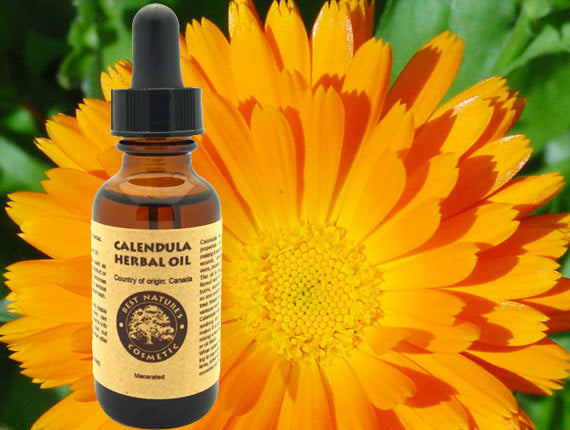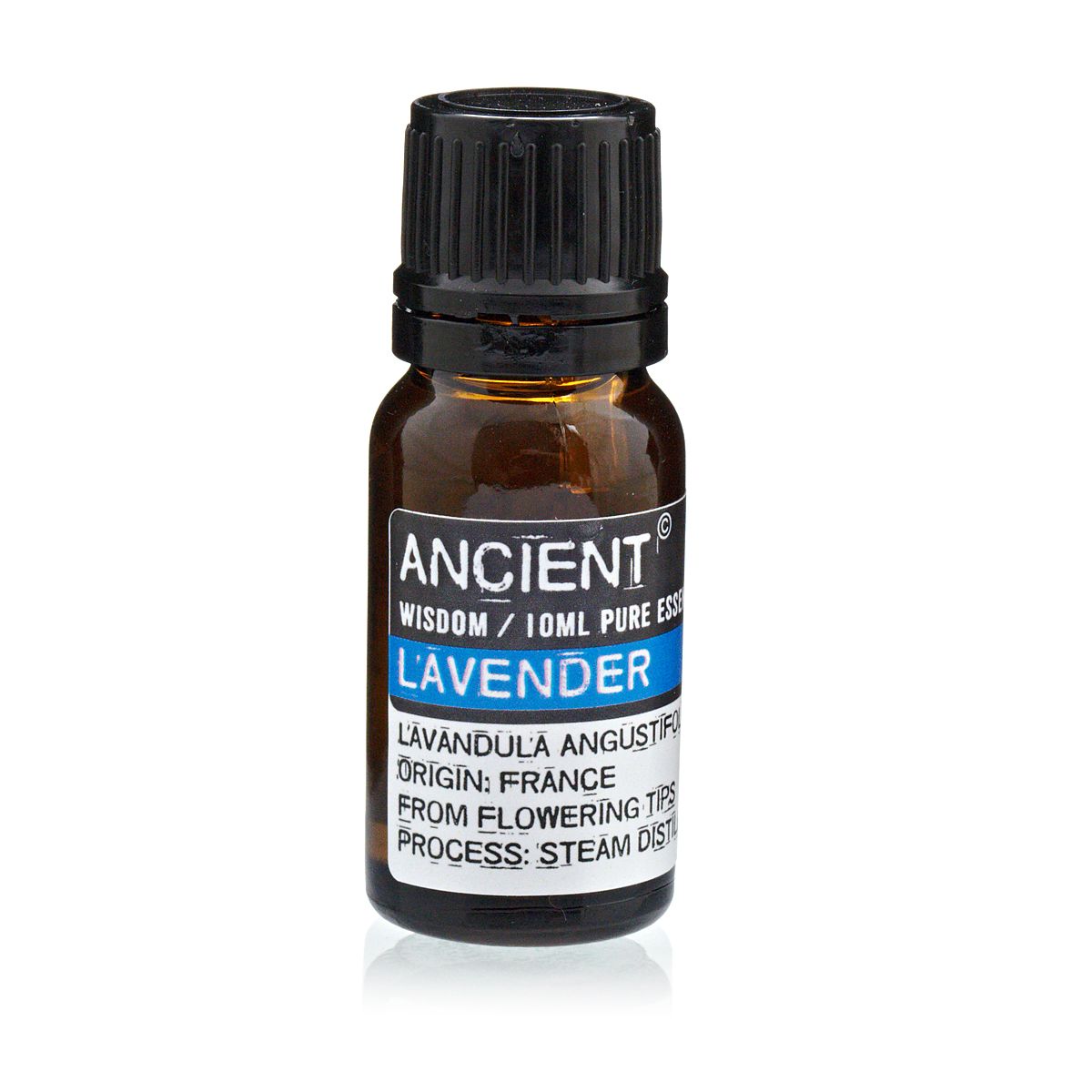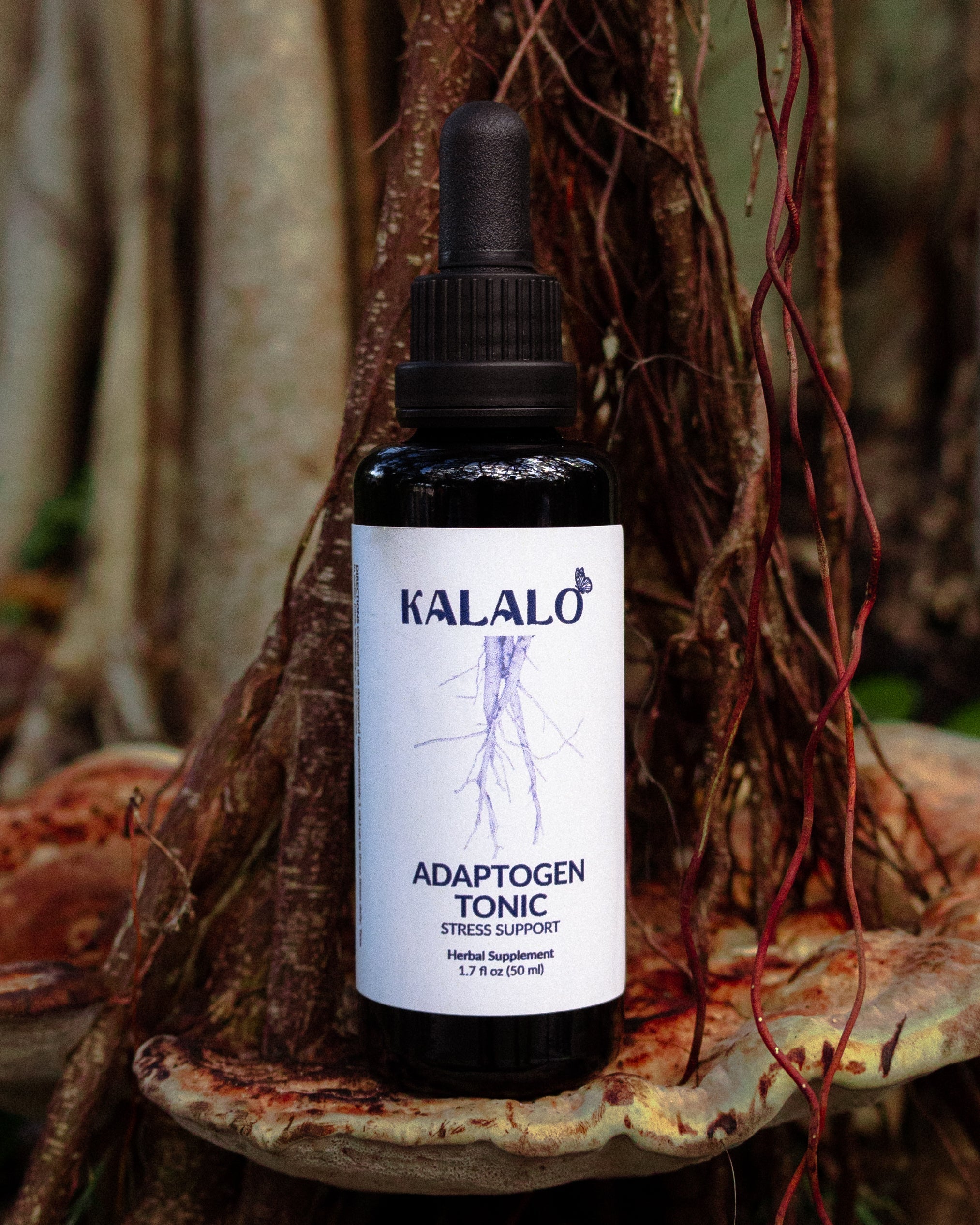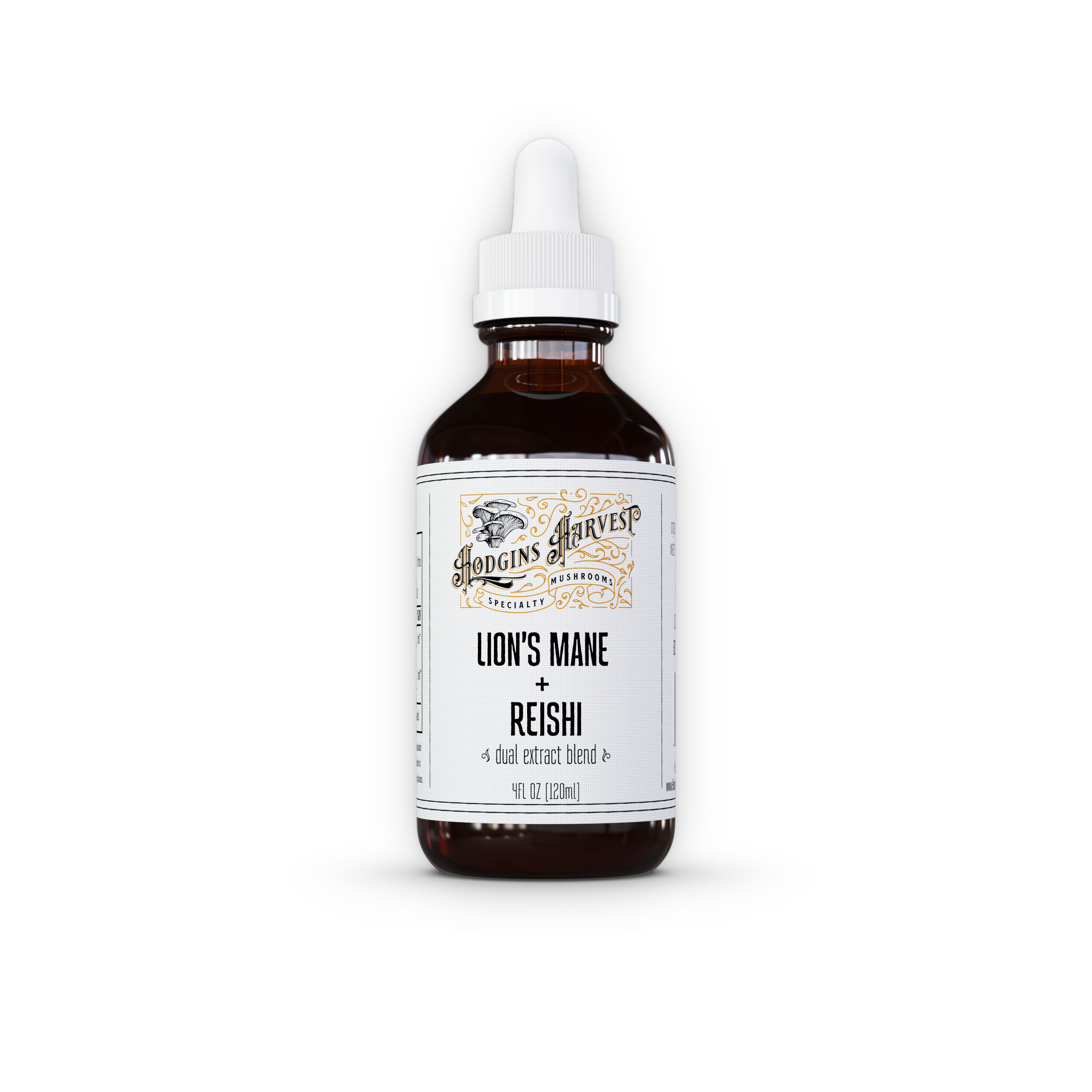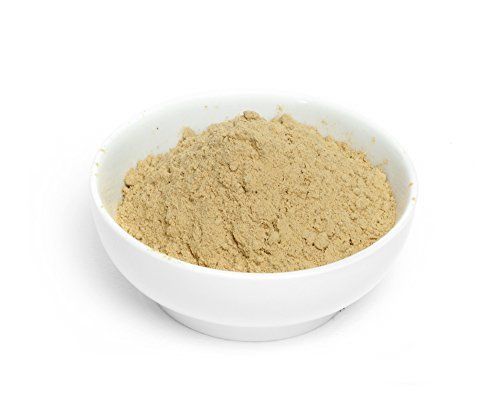
An over-the-counter painkiller shortage is leaving some people with chronic pain feeling uncertain. While natural remedies are not a replacement for pharmaceutical pain management, they can serve as supportive adjuncts—helping to reduce inflammation, support nervous system health, and improve quality of life when used alongside traditional treatments.
This integrative approach combines the best of both worlds: evidence-informed natural therapies with the effectiveness of modern medicine.
What Is Chronic Pain?
Chronic pain is defined as persistent pain lasting longer than 3 to 6 months. It can result from conditions like arthritis, fibromyalgia, nerve damage, autoimmune diseases, or injury. Often, it’s not just a physical issue—it can interfere with sleep, mood, cognition, and daily function.
In these complex cases, no single intervention is likely to provide complete relief. That’s why supportive, whole-person strategies can make a meaningful difference when used thoughtfully and safely alongside medical care.
Herbal Supports for Pain
1. Turmeric (Curcuma longa)
Active compound: Curcumin
Benefit: Supports reduced inflammation and joint discomfort
Use: Capsules, teas, or tinctures—best absorbed with black pepper
Research: Studies suggest curcumin can help relieve pain in osteoarthritis when taken consistently alongside standard care.
2. Devil’s Claw
Use for: Low back pain, osteoarthritis
Form: Capsules or tincture
Note: May interact with blood thinners—use with caution
3. White Willow Bark
Natural source: Salicin (similar to aspirin)
Benefit: May ease mild to moderate pain when used consistently
Important: Not recommended for people with aspirin sensitivity
Nutraceuticals & Dietary Supplements
These supplements are most effective when taken under guidance and in conjunction with appropriate medical treatment.
1. Omega-3 Fatty Acids
Source: Fish oil, flax oil
Benefit: May support reduced inflammation and joint stiffness
Evidence: Some studies show benefit for rheumatoid arthritis and joint pain
2. Magnesium
Benefit: Eases muscle tension, supports nerve function, may help with fibromyalgia pain
Form: Magnesium glycinate or citrate preferred
Note: Also supports better sleep—key for pain management
3. Glucosamine & Chondroitin
Use for: Osteoarthritis support
Note: May take weeks to months to notice benefits and should be used long term alongside other therapies
4. Vitamin D
Why it matters: Low vitamin D is linked with increased pain perception
Advice: Get tested before supplementing long-term
Aromatherapy as a Complement to Pain Relief
Aromatherapy doesn't cure chronic pain, but it may help reduce the emotional and sensory experience of pain when used thoughtfully in a routine.
1. Lavender
Effect: Calming, reduces tension and anxiety-related pain
Use: Diffused or diluted topically on temples, neck, or feet
2. Peppermint
Effect: Cooling, numbing effect—useful for headaches and muscle aches
Tip: Always dilute before applying to skin
3. Frankincense
Benefit: Supports inflammation reduction and emotional balance
Best used: In massage oils or calming rituals
Other Natural Adjuncts to Pain Management
Topical Herbal Oils
Arnica, Calendula, and St. John’s Wort oils can soothe minor soft tissue pain or nerve irritation when massaged into the skin.
Mind-Body Therapies
Meditation, yoga, guided imagery, and Reiki have all shown promise in helping people manage pain more effectively by influencing perception, mood, and muscle tension.
Acupuncture & Acupressure
Used in many integrative clinics, acupuncture may help stimulate the body's natural pain-relief pathways, improving both physical and emotional symptoms of chronic pain.
⚠️ Important Safety Notes
These approaches are not a substitute for medications, especially in cases of moderate to severe chronic pain. They are meant to complement medical treatment.
Always consult your healthcare provider before starting new supplements—especially if you’re taking medications, are pregnant, breastfeeding, or managing chronic illness.
Use only high-quality products from reputable brands that undergo third-party testing.
Final Thoughts
In the face of painkiller shortages, turning to nature can offer real—though modest—relief. While these natural options are not a cure and not meant to replace prescribed medication, they can enhance your current pain management strategy, help you regain some control, and support your overall well-being.
At Planet Trinity Health and Wellness, we’re here to guide you through integrative options rooted in both tradition and science.
Explore our collection of natural supports for pain and wellness:
🌐 planettrinityhealthandwellness.ca


